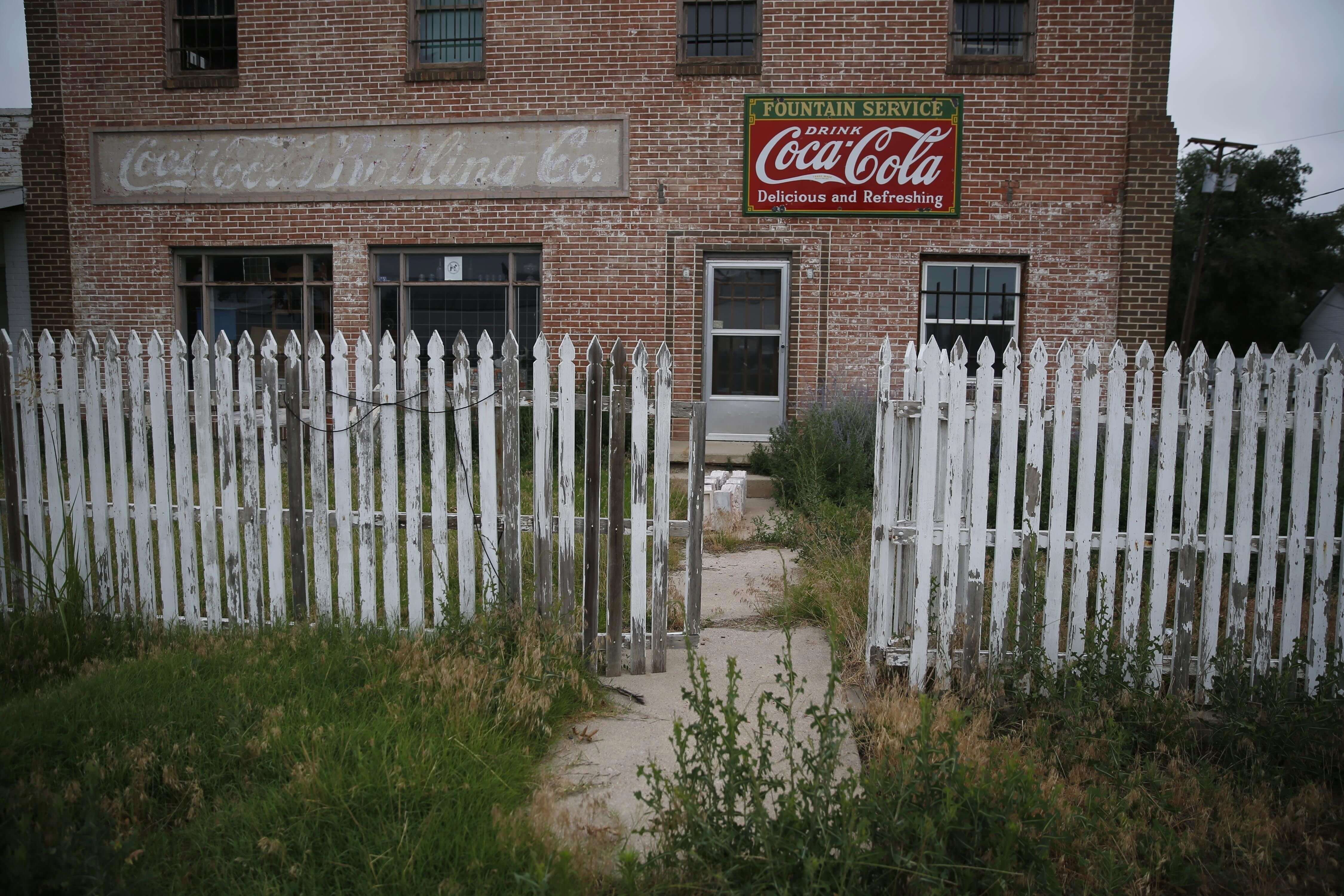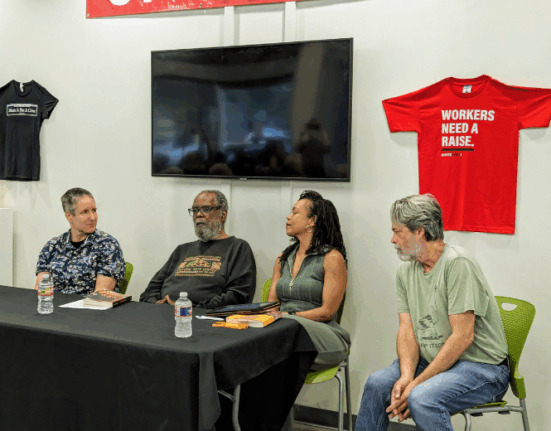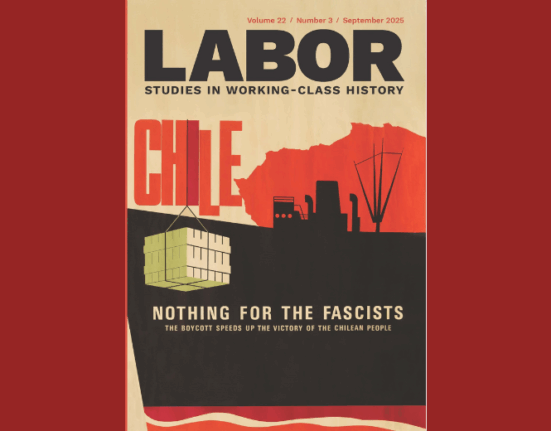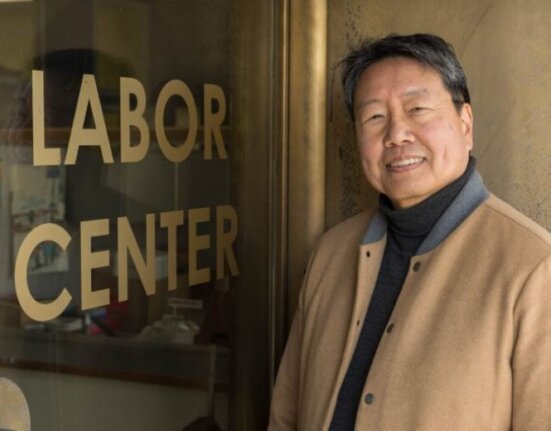During election years white people who do not have bachelor’s degrees (the increasingly common definition of “the working class”) become both a somewhat exotic who-knew-they-were-here-and-in-such-large-numbers object of discussion and a target for freewheeling social psychologizing. Thus, it is more than a little refreshing to see two books attempt to tackle the more exotic side of Donald Trump’s beloved “the poorly educated.” White Trash: The 400-Year Untold History of Class in America, by LSU historian Nancy Isenberg, is a progressive-leaning account of the disdain shifting groups of white workers and vagrants have suffered throughout U.S. history. Hillbilly Elegy: A Memoir of a Family and Culture in Crisis, by Silicon Valley executive J.D. Vance, is a politically conservative account of Vance’s rearing by a drug-and-alcohol-addicted mother, rough but loving grandparents, a wonderful sister, a reliable aunt, and the U.S. Marines. Hillbilly Elegy is by far the better book.
I found White Trash disappointing primarily because it pays almost no attention to actual trashy white people, nor is it anything like a “history of class in America.” Instead, it traces how certain groups of whites have been disdained and blamed across 400 years by a variety of “better classes” from plantation and factory owners to politicians and TV producers. Much of the early history is interesting and insightful. The concept of trash, for example, comes from the English who saw most of their emigrants to the colonies as “waste” and “refuse” whose leaving would help purify the motherland. I particularly liked the chapters on the democratizing classism of Benjamin Franklin and Andrew Jackson, very different class visions but historically complementary. So if you’re looking for a comprehensive history of upper- and middle-class prejudice against low-income, poorly educated whites – that is, a history of classism, not a history of class or of the actually existing people in the “white trash” class – then you will find this book rewarding. But if you want some insight into the roots of trashy white people you know and love (and sometimes hate or at least need to avoid for a while), then J.D. Vance’s Elegy is the book for you.

The core of this memoir is Vance’s mother, her string of husbands and boyfriends who were Vance’s stepfathers-in-residence, along with his grandmother and grandfather whose constant fighting when his mother was a child undoubtedly had something to do with his mother’s inconstancy in every part of her life, especially as a parent. Vance’s evolving reflections on these and many other members of his extended family in Ohio and Kentucky are complexly developed with a straightforward clarity, both from the point of view of a child trying to make sense of it all at the time and from the perspective of a Yale Law School graduate who is trying to figure out how he succeeded in liberating himself from “a family and culture in crisis.”
Vance gives the bulk of the credit to his grandmother and grandfather, who actually did most of his rearing. One of the joys of the book is how Vance shows people changing through the different stages of their lives, sometimes dramatically and often for the best, and this ultimately is the source of hope Vance finds by the end of the book. The violent fighting between Vance’s “Mamaw” and “Papaw” that his mother had grown up with, for example, had stopped by the time they were looking after Vance. He heard second-hand all the stories of shouting, throwing things, physical fighting, and the time Mamaw set Papaw on fire in an unsuccessful attempt to kill him, but he witnessed little of their discord himself. Besides being his primary source of unconditional love, they came to be savvy moral guides for Vance and much of the rest of the family. Vance, now 31, eventually learned to reject some of this guidance – especially the hillbilly honor culture that so readily leads to physical, verbal, and relational violence – but he shows how complexly situational their moral thinking became in concrete situations they helped him negotiate. At the time he finished the book, his mother was still “using,” and when he holds her responsible for the life she has lived and the horrible mother she was for him and his sister, he does so in the vague but not vain hope that she might one day achieve the sobriety she has been chasing and abandoning all of her adult life. After all, Mamaw and Papaw went from attempted murder to loving parental grandparents and steady moral beacons.
Hillbilly Elegy has become a bit of a cause celebre among traditional (now mostly anti-Trump) conservatives like The Weekly Standard and David Brooks for its polemical “it’s-their-own-damned-fault” conclusions about the white working class. But Vance’s sweeping generalizations take up very little of the book. They pretty much simply recycle many of the “white trash” stereotypes that Nancy Isenberg shows have a 400-year history predating the existence of the USA, but they are also wildly inconsistent with Vance’s unsparing but affectionate portraits of his family members.
Toward the end of the book Vance uses the royal “we” to excoriate the culture of both hillbillies and the white working class as a whole:
This was my world: a world of truly irrational behavior. We spend our way into the poorhouse . . . . . Our homes are a chaotic mess . . . We choose not to work when we should be looking for jobs. Sometimes we’ll get a job, but it won’t last. . . . . We talk about the value of hard work but tell ourselves that the reason we’re not working is some perceived unfairness. . . . . These are the lies we tell ourselves to solve the cognitive dissonance – the broken connection between the world we see and the values we preach.
These generalizations fit Vance’s mother, some her boyfriends, and a handful of people he observes in various working-class jobs he has had, but they do not fit his own accounts of most of the people in his family. Even the drunks and those who are much too quick to throw a punch (women as well as men) work hard when they can get steady work – Papaw, for example, was a lifer at Armco Steel in Middletown. And as far as we can tell, his sister and her husband, his aunts and uncles, his biological father, and most of the people he sketches seem to live creatively within their modest means.
J.D. Vance’s heartening struggle to “overcome” his “modest background” by achieving professional middle-class status and income is artfully rendered in Hillbilly Elegy, but his generalizations about hillbillies and the white working class are not just hasty and overdone. They reflect the kinds of prejudiced stereotypes he learned in college and law school and in the world he inhabits today. The fact that they are so spectacularly out of sync with the actual people he portrays is testimony to the power of those stereotypes, common among well-educated liberals as well as conservatives. Fortunately, Vance has not yet overcome all his trashy white background when telling nuanced stories about the complicated people who inhabit his life and memory. I’m hoping he never will.








3 Comments
Comments are closed.